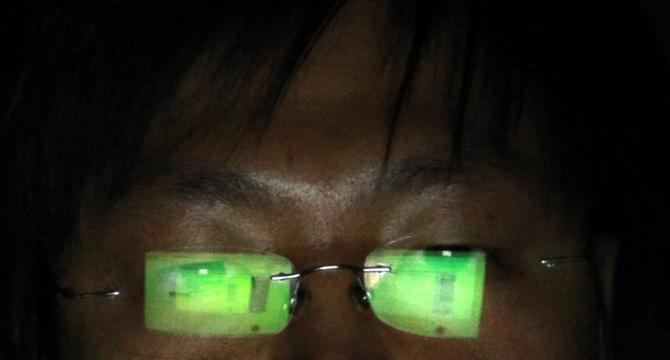Securityaffairs
1M
63

Image Credit: Securityaffairs
Czech Republic accuses China’s APT31 of a cyberattack on its Foreign Ministry
- The Czech Republic has accused China's APT31 of a cyberattack on its Foreign Ministry, linking the cyber espionage group to a cyberattack on its critical infrastructure.
- Czech intelligence agencies conducted a joint investigation attributing the attack to China with a high degree of certainty.
- The EU, its Member States, and NATO Allies expressed support and solidarity with Czechia following the cyberattack, urging China to adhere to international norms and principles in cyberspace.
- APT31, also known as Zirconium or Judgment Panda, has a history of cyber espionage activities targeting diplomatic cables, industrial designs, and political documents in Europe, North America, and Asia.
- The US and UK have unsealed criminal charges and sanctions against members of APT31 for facilitating China's political and economic intelligence objectives.
- The Czech government's announcement received backing from the EU and NATO, highlighting concerns regarding malicious cyber activities originating from China.
- China has denied the allegations of involvement in the cyberattack, despite APT31 being linked to multiple cyber espionage operations targeting various countries.
- APT31 has been previously reported for using tools such as Jian, identified as a clone of the NSA Equation Group's hacking tool, demonstrating advanced cyber capabilities.
- The cyber espionage group has targeted organizations in the EU, US, Canada, and other countries in previous campaigns, indicating a widespread reach in its malicious activities.
- France's national cyber-security agency also warned of ongoing attacks by APT31 against French organizations, with the group hijacking home routers for concealing attack infrastructure.
Read Full Article
3 Likes
For uninterrupted reading, download the app